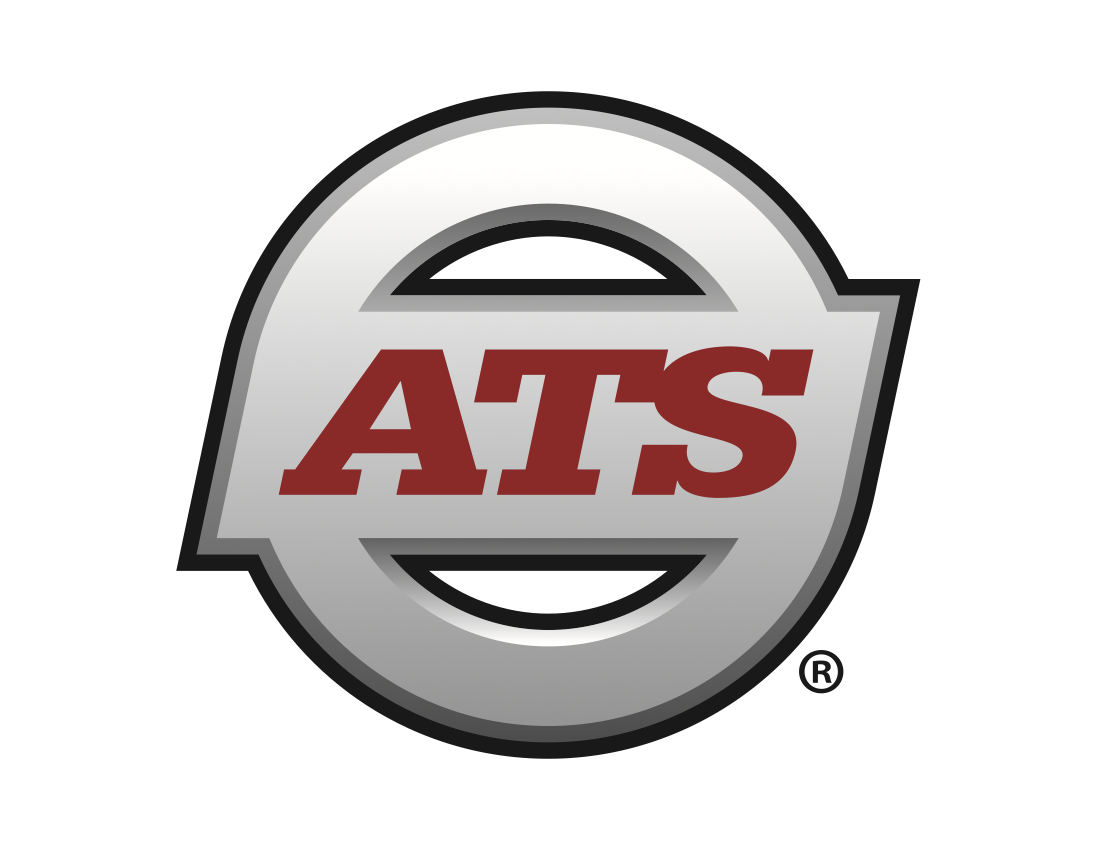Did you know there’s a big election happening this year on November 5?
Okay, that was a joke. We know you know. It’s hard to make it through the day right now without hearing at least one politician's name and we know you’ve probably seen the highways littered with billboards talking about one political issue or another. Don’t get us started on the signs scattered across most lawns.
You. Can’t. Miss. It.
No matter which politician or party you support, you deserve the opportunity to vote if you so choose — especially as a truck driver who has a major role in keeping the country running.
However, there are a lot of challenges you may experience as a truck driver trying to vote traditionally at your local polling place — namely, you may not be home to vote. Especially if you’re an over-the-road (OTR) trucker or regional driver, you may be out for a week or several weeks at a time. It may be challenging to take home time to vote at your local precinct.
So what can you do?
Thankfully, you have a few great options, and in this article, we’re here to give you the rundown.
Keep reading to figure out how you can exercise your right to vote — even if you’re on the road.
Register to Vote
First things first: You need to register to vote if you haven’t already done so.
You can register to vote on sites like:
You can also use your favorite search engine to search “vote” and your state to get more information about voting in your state in particular.
You can also use these sites to double-check if you’re registered to vote. They’re user-friendly and easy to navigate.
If you do intend to vote, it’s important for you to take this step as soon as possible. States follow voter registration deadlines. North Dakota is the only state that doesn’t require you to register to vote.
Some states require you to register more than a month before the election and some allow you to register day-of. There are over twenty of these same-day registration states. Some states even automatically register you to vote.
Registration is fairly easy and, in most cases, you can do it online, by mail, or in person at your local election office.
Vote In-Person
If you want to vote in person, you’ll have to do some planning ahead.
Given that trucker drivers usually have an unpredictable schedule (unless you’re a local driver with a daily route), you’ll want to plan well in advance to ensure you’re able to get to your polling place.
As an OTR driver, you might be in California one day and New York the next. You won’t have time to get to your home state to vote. You’ll have to take home time or try to route yourself near your hometown on voting day.
Talk to your driver manager about taking home time if it’s important for you to vote in person.
Make sure you bring your ID, it’s up-to-date, and it meets your state’s voting requirements.

Vote Early
Some states offer early voting options. This can be helpful for you if you have a brief window of time at home before heading back out on the road.
If you’re home in the weeks leading up to Election Day, this is a good option for you.
While you’re researching your polling place, also search for early voting polling locations. Most states offer some form of early voting, but some don’t. A few states even allow early voting as many as 45 days before Election Day. Learn more about your state’s early voting options.
Keep in mind that this will probably be offered in a different location than your usual polling place.
Vote Absentee
Absentee voting allows individuals to submit their ballot by mail ahead of Election Day. Absentee voting is a common solution, allowing drivers like you to vote by mail ahead of time.
You have to meet certain conditions to vote via absentee ballot. Each state has different conditions you must meet. As a truck driver, you qualify for an absentee ballot.
Some of the conditions include, for example, if you’re going to be absent from the country on Election Day, you’re unable to go to the polls due to a physical disability or illness, you’re temporarily living outside the country because you’re in the military or college, or you work a required shift that coincides with poll hours.
Some states don’t have any requirements and absentee ballots are automatically sent to all registered voters to encourage voting. If you live in a state like this, make sure you contact your local election officials to ensure your ballot goes to the correct address.
You’ll need to request an absentee ballot, which consists of filling out your name, voter registration address, and date of birth.
Just like conditions must be met to qualify for absentee ballots, you must also follow certain rules for turning them in. For example, you’ll have to have them turned in by a certain date and time for them to be counted.
Some states will allow you to turn in your absentee ballot in person. You can learn more about absentee ballot rules — including your state’s rules — here.
Carefully follow the directions on the absentee ballot, including how to fill out the form, seal it, and where to return it.
Make sure you give yourself plenty of time to request, receive, and return an absentee ballot. Write down the deadlines for requesting and submitting these ballots or put a reminder in your phone so you don’t forget.
Some states allow you to track your ballot to make sure it has been received and processed.

How the Election Affects Trucking
As a truck driver, your role is crucial in keeping the country moving, and your voice in our democracy is just as important. While voting can be a bit more challenging given your OTR lifestyle, with the right planning and resources, it's entirely possible. Whether you choose to vote in person, early, or by absentee ballot, there are options available that fit your unique needs.
Remember, your vote matters. So take the time to register, understand your options, and make a plan that works for you. After all, just like navigating the open road, voting is about knowing where you’re going and how to get there. This November 5, make sure your voice is heard.
Learn more about how the trucking industry is affected during an election year and how you can adapt as a truck driver.

